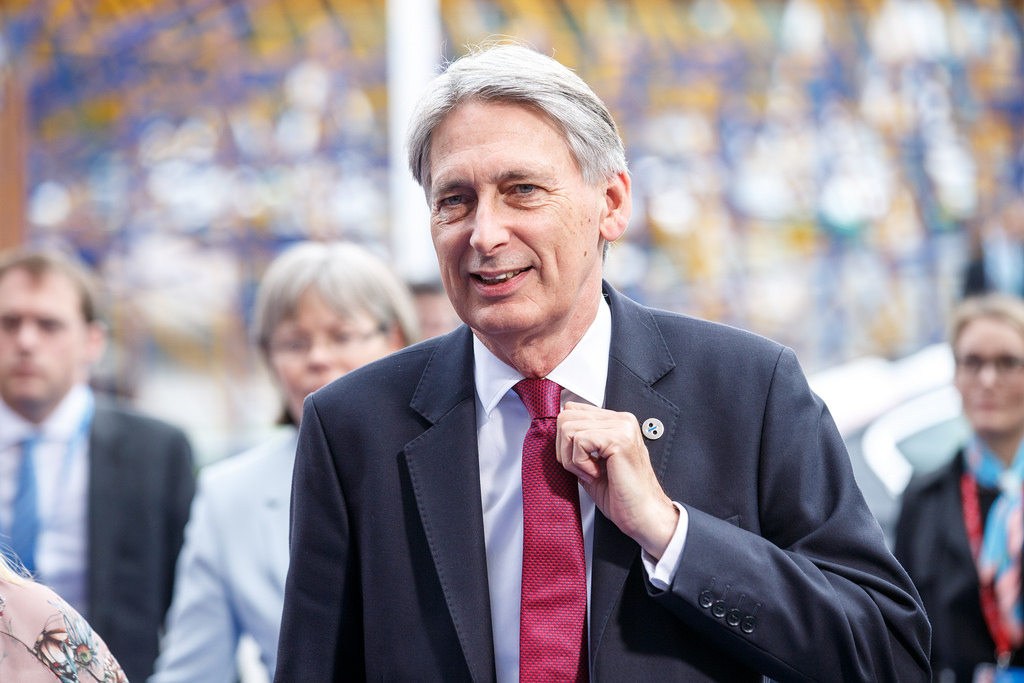01
November 2018
Budget 2018: What do the changes mean for you?
Here are some of the most important takeaways from the chancellor’s Autumn Budget:
Personal taxes and wages
There are some big changes concerning income tax and the National Living Wage. The income tax threshold, the point at which people begin paying 20% tax, will be raised from £11,750 to £12,500. There will also be increase in the higher rate (40%) tax threshold, from £46,350 to £50,000. Both of these increases will be felt in April 2019, one year ahead of schedule, and thresholds will rise with inflation afterward.
Millions of people will see a boost in their income after taxes as a result of these changes. Deloitte has estimated that this means “an annual tax saving of £130 for basic rate taxpayers, £860 for higher rate taxpayers and £600 for additional rate taxpayers”. It has also been estimated that these changes will end up costing the Treasury £2.8bn in the next financial year.
April 2019 will also see the National Living Wage increased by 4.9%, a change from £7.83 to £8.21 an hour.
Benefits and Universal Credit
Universal Credit represents the government’s attempt to simplify the benefits system by replacing multiple forms of benefit and tax credits with a single monthly payment. The complex nature of this welfare reform means that the transition period will be long, about five years at the moment.
In the Autumn Budget, Hammond also confirmed that “work allowances would be increased when the roll out of Universal Credit is complete”. The work allowance is “the amount somebody can earn before their benefit payment is affected”. Work allowances were previously cut in 2015 by George Osborne.
To help with the transfer over to Universal Credit, an additional £1bn has been put into the budget and the Chancellor emphasized that the new system is “here to stay”.
Alcohol, fuel, and tobacco duties
The duty on beer, cider, and spirits remains frozen. However, wine duty “will rise in line with inflation”, and other high-strength drinks will also see an increase. Tobacco duty will rise alongside inflation, plus an additional 2%.
Fuel duty will remain frozen, as it has for the previous eight years.
Stamp-Duty and Housing
First-time homebuyers purchasing a shared ownership home up to £500,000 “will no longer have to pay stamp duty”. Fortunately for those who bought a home matching the criteria last year, this change will also be applied to them.
There will also be £500m put into the budget for Housing Infrastructure Fund, “designed to enable a further 650,000 homes to be built. Additionally, 13,000 homes will be built through new partnerships with housing associations.
Security and military
Hammond has announced an additional £160m for counter-terrorism police, as well as an extra £1bn for “armed forces, for cyber-capabilities, and the UK’s new nuclear submarine programme”. Support for veterans’ mental health care will be given £10m. This is to commemorate the centenary of the end of the First World War.
Businesses and the self-employed
There will be an increase in the income tax payed by about one third of individuals who claim to be self-employed. The Treasury believes that many people self-reporting as self-employed are “working in the same way as employees and should pay more income tax and national insurance”. This change already applies to those working in the public sector. From 2020, the same changes will pertain to those working in the private sector as well.
A 2% digital services tax (dubbed the ‘Amazon tax’) will be charged “on UK revenues of big technology companies, from April 2020”. This tax will affect international companies with a profit of more than £500m.
There will also be £900m in the budget in business rates relief to help support small businesses, as well as £650 “to rejuvenate High Streets”.
Education and health
The NHS will see a further £20.5bn worth of funding, with an additional £2bn for mental health services. Some examples of how these mental health services will be bolstered are new crisis centres to support accident and emergency units, additional mental health ambulances and “a 24-hour mental health crisis hotline”.
The Autumn Budget also includes a “one-off £400m ‘bonus’ to help schools buy ‘the little extras they need’ this year”. School trips to First World War battlefields have been given £1m, also to commemorate the centenary.
What does this mean for you?
To put the budget changes into perspective, The Guardian has published a detailed article on how this budget will affect individuals and families of all sizes.
Through their calculations, big earning couples will be “the biggest winners this year” due to the changes to income tax and NI calculation which means “their tax bill goes down”. A single, unemployed individual, on the other hand, will be a few hundred pounds worse off because benefits remain frozen since 2015 and inflation means benefits will “buy around 2.4% less”. However, nearly everyone else will be left with more income in 2019-2020 than they were in 2018-2019.





